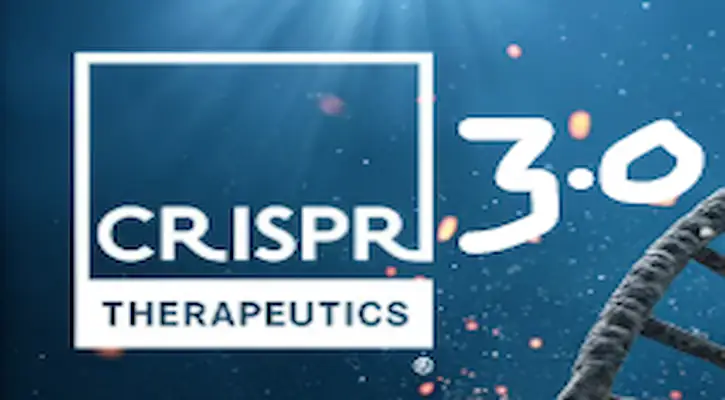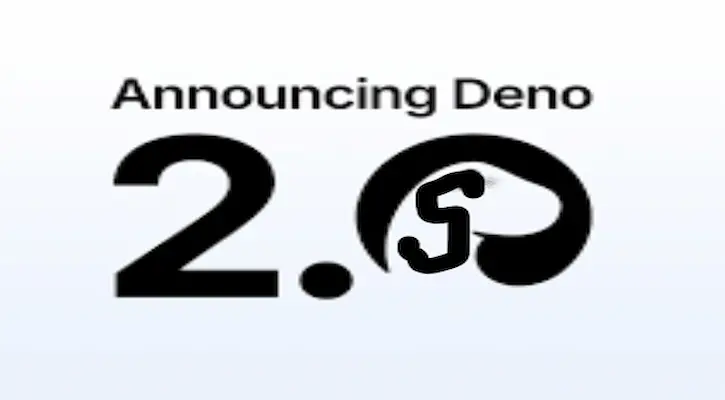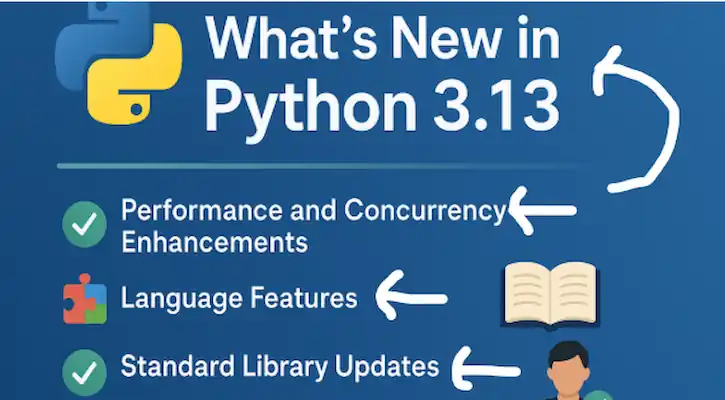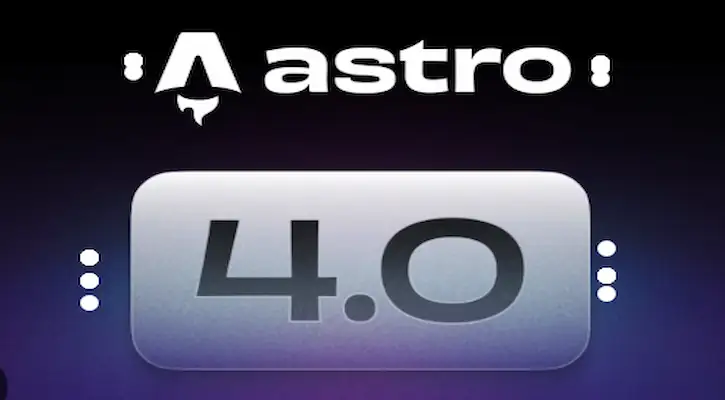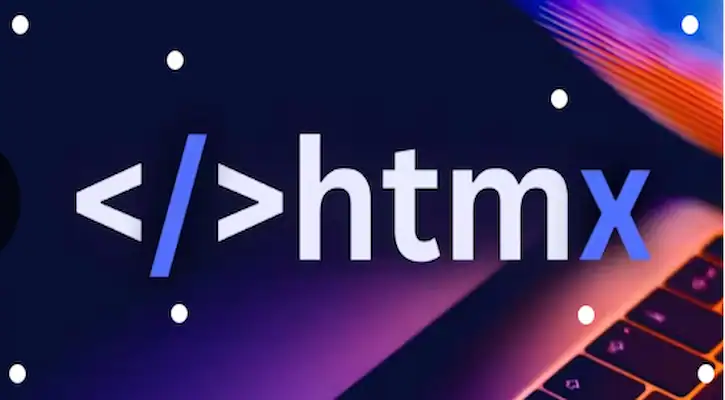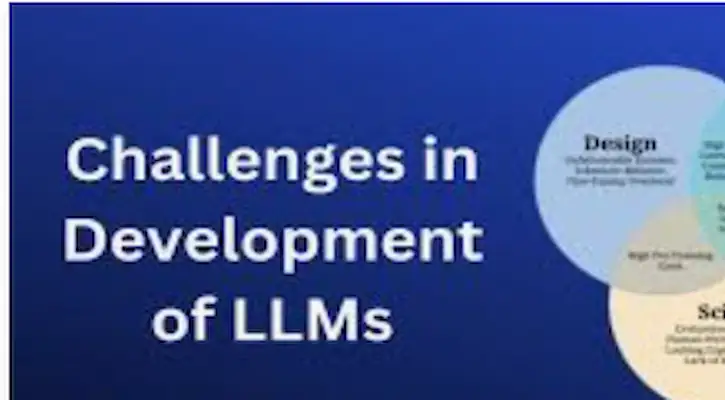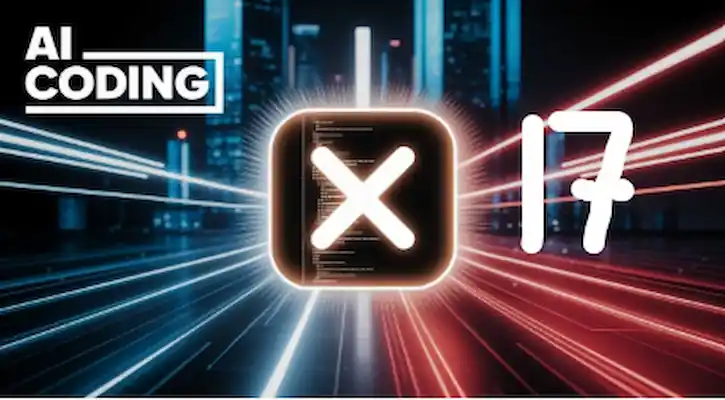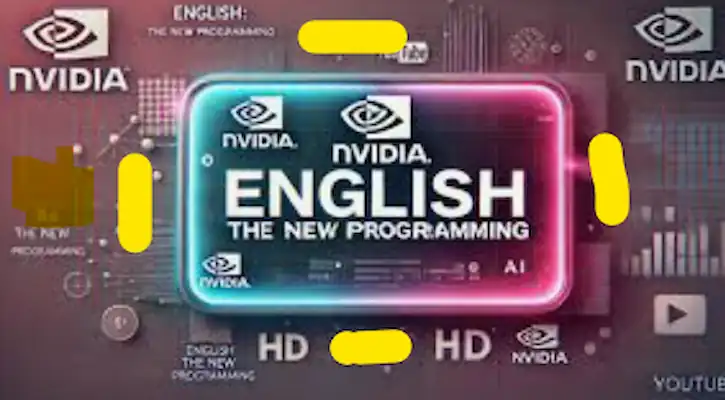Blog Post
Rust vs Zig for Systems Programming in 2025: Which Should You Choose?
As systems programming grows developers in 2025 seek languages that strike a compromise between performance, safety and simplicity. While C and C++ ruled for decades upstart languages such as Rust and Zig are altering what low level programming looks like.
Selecting the right tool is essential whether developing operating systems implanted software, drivers or performance sensitive applications. Here’s a comprehensive comparison between Rust and Zig for systems programming in 2025 looking at performance, safety, ecosystem maturity and developer experience to help you decide.
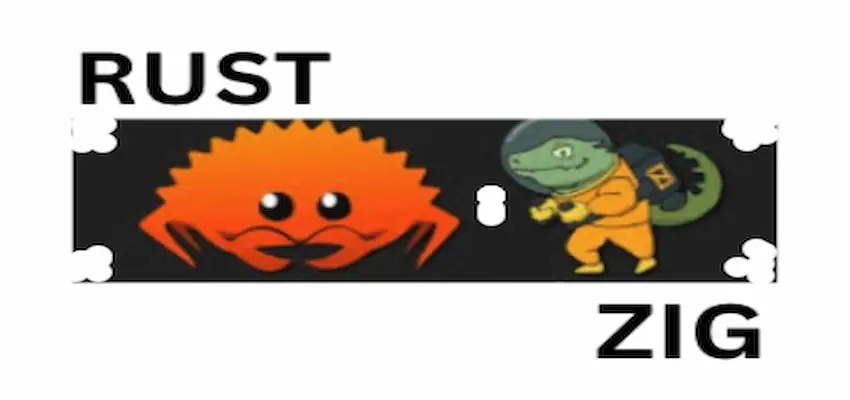
Why Rust is still a popular choice in 2025
Rust’s memory safety without garbage collection has made it more popular since it enables you to write safe and effective system code. By 2025 companies like Microsoft, Google and Meta will be using Rust in production and the platform will have a developed ecosystem and broad industrial acceptability.
✅ Key advantages of rust programming:
1. Ownership and Borrow Checker: Prevents data races and memory leaks at build time. Strong
2. Ecosystem: Crates.io supports a large number of libraries making integration easy.
3. Tooling: Cargo Rust Analyzer and sophisticated linting increase developer productivity.
4. Cross-Platform Support: Commonly used for embedded applications, kernel modules and WebAssembly.
5. Active Community and Support: Extensive documentation courses and widespread community support.
🚫 Rust Challenges:
1. Steep learning curve: Ownership and lifespan conceptions might be scary.
2. Longer Compilation Times: Complex type checking and optimization lengthen build times.
3. Verbose Syntax: Explicitness improves clarity but can be cumbersome for basic activities.
Why is Zig gaining traction in 2025?
Zig is a simplified “transparent” systems language with manual memory management few hidden abstractions and an emphasis on clarity and control.
Zig 1.0 is stable in 2025 and it is becoming more common in embedded systems game engines and small system projects that require predictability.
The main advantages of Zig
1. Simple: You write what you want to run there are no hidden control flows.
2. Interop with C: Easy porting or gradual replacement of C code due to seamless C integration without bindings development.
3. Manual Memory Management: Complete command over allocations without the burden of runtime.
4. Cross-Compilation: Zig’s integrated cross compilation features are dependable and quick.
5. Quick Compile Times: Zig’s quick compiler facilitates iterative development.
Zig Challenges:
1. No Integrated Memory Safety: It is the developers responsibility to prevent memory mistakes and leaks.
2. Smaller Ecosystem: In comparison to Rust there are less libraries and frameworks.
3. Limited Tooling: Does not have the sophisticated language servers and vast ecosystem of cargo.
Comparison of Performance
With its zero-cost abstractions Rust guarantees security while allowing you to create high level code quickly.
Because Zig has no hidden abstractions its binary output is predictable and basic which makes it simple to manage performance hot spots.
Both languages work well for high performance applications but Rust offers safety without sacrificing performance whereas Zig could make low level control simpler to fine tune.
Which Should You Use in 2025?
Use Rust if:
- You require runtime overhead free memory safety assurances.
- Race situations can have disastrous effects on the multi threaded systems you work on.
- You want libraries for async systems networking and cryptography as well as ecosystem maturity.
- You are constructing for applications that need safety or for large scale systems.
Use Zig if:
- You would rather have clear manual control over performance and memory.
- You are gradually porting or replacing existing C code.
- You must minimally configured cross compilation.
- You want minimum tooling complexity and quick iteration cycles.
Concluding remarks
Systems programming’s future is represented by Rust and Zig each of which has its own philosophy:
